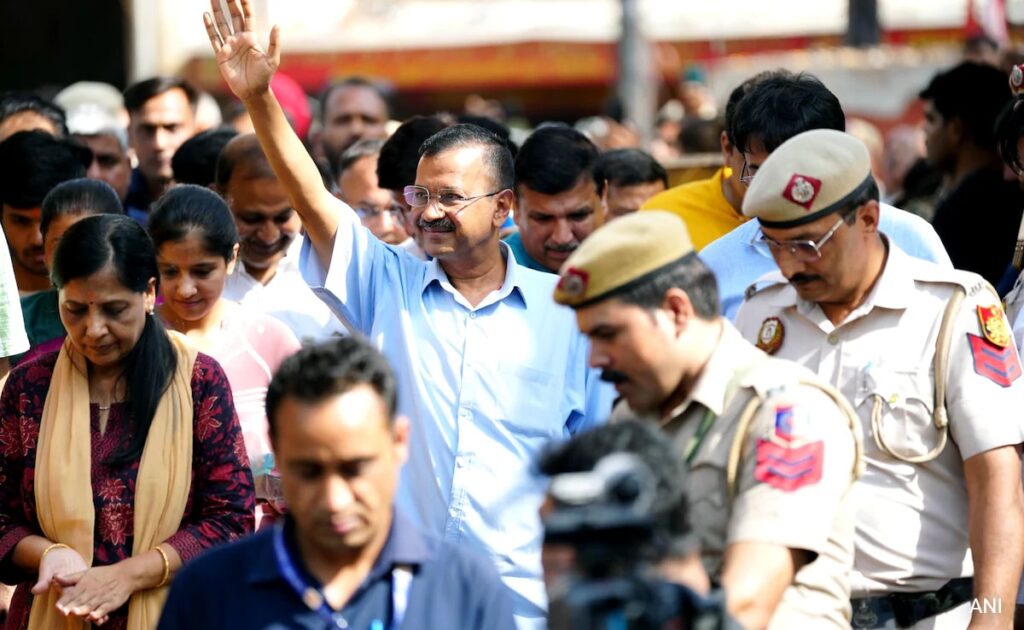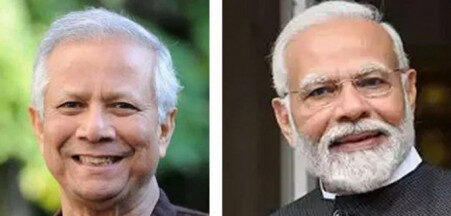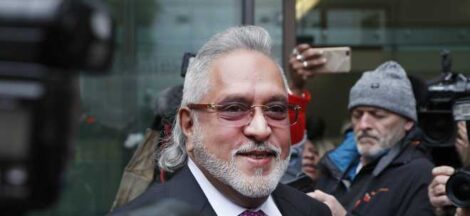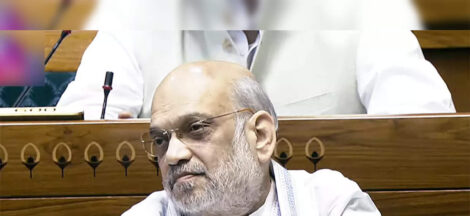The Supreme Court has granted interim bail to Delhi Chief Minister Arvind Kejriwal in connection with a case under the Prevention of Money Laundering Act (PMLA) relating to the Delhi excise policy scam. The decision comes as a relief to Kejriwal, who was facing imminent arrest by the Enforcement Directorate (ED).
The apex court’s decision to grant interim bail to Kejriwal follows a plea filed by him challenging the ED’s move to arrest him in the PMLA case. Kejriwal’s legal team argued vehemently against the ED’s actions, asserting that the charges against him were politically motivated and lacked substantial evidence.
In a parallel development, the Supreme Court has referred the plea challenging the ED’s arrest order to a larger bench for further consideration. This move indicates the court’s intention to delve deeper into the legal complexities surrounding the case and to ensure justice is served impartially.
Arvind Kejriwal, a prominent political figure known for his anti-corruption stance and governance reforms in Delhi, has been at the center of controversy since the ED’s investigation began. The allegations against him stem from financial transactions that the ED claims are linked to illegal activities.
The Supreme Court’s decision to grant interim bail provides temporary relief to Kejriwal, allowing him to continue his duties as Chief Minister without the immediate threat of arrest. However, the case remains ongoing, and the larger bench’s deliberation on the matter will be crucial in determining the future course of legal proceedings.
This development has sparked varied reactions among political circles and the public alike, with supporters of Kejriwal hailing the Supreme Court’s decision as a validation of his innocence, while critics argue that it raises questions about the integrity of the judicial process.
As the legal battle unfolds, all eyes will remain on the Supreme Court for further updates on the case and its implications for Arvind Kejriwal and the political landscape in Delhi.




